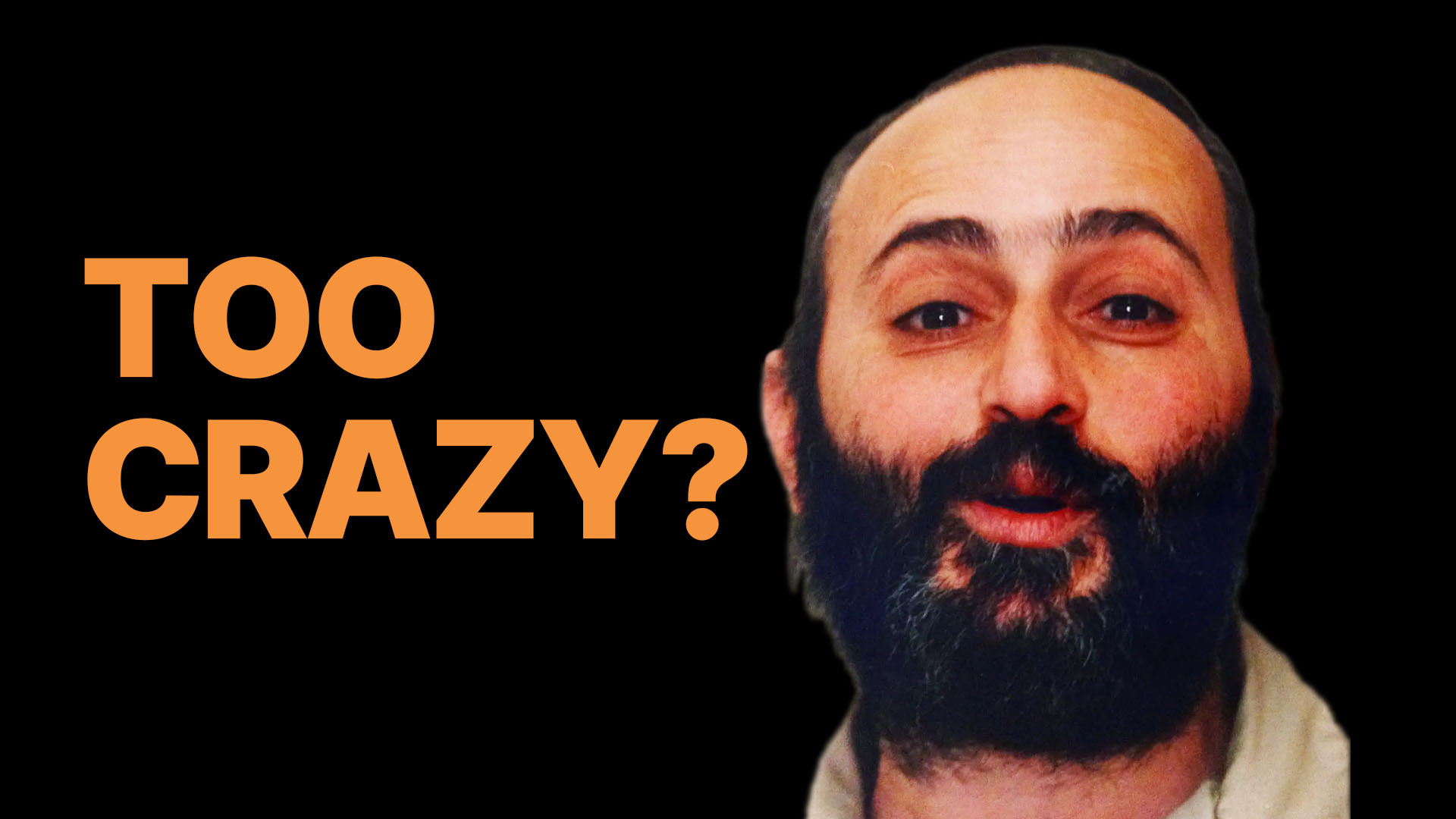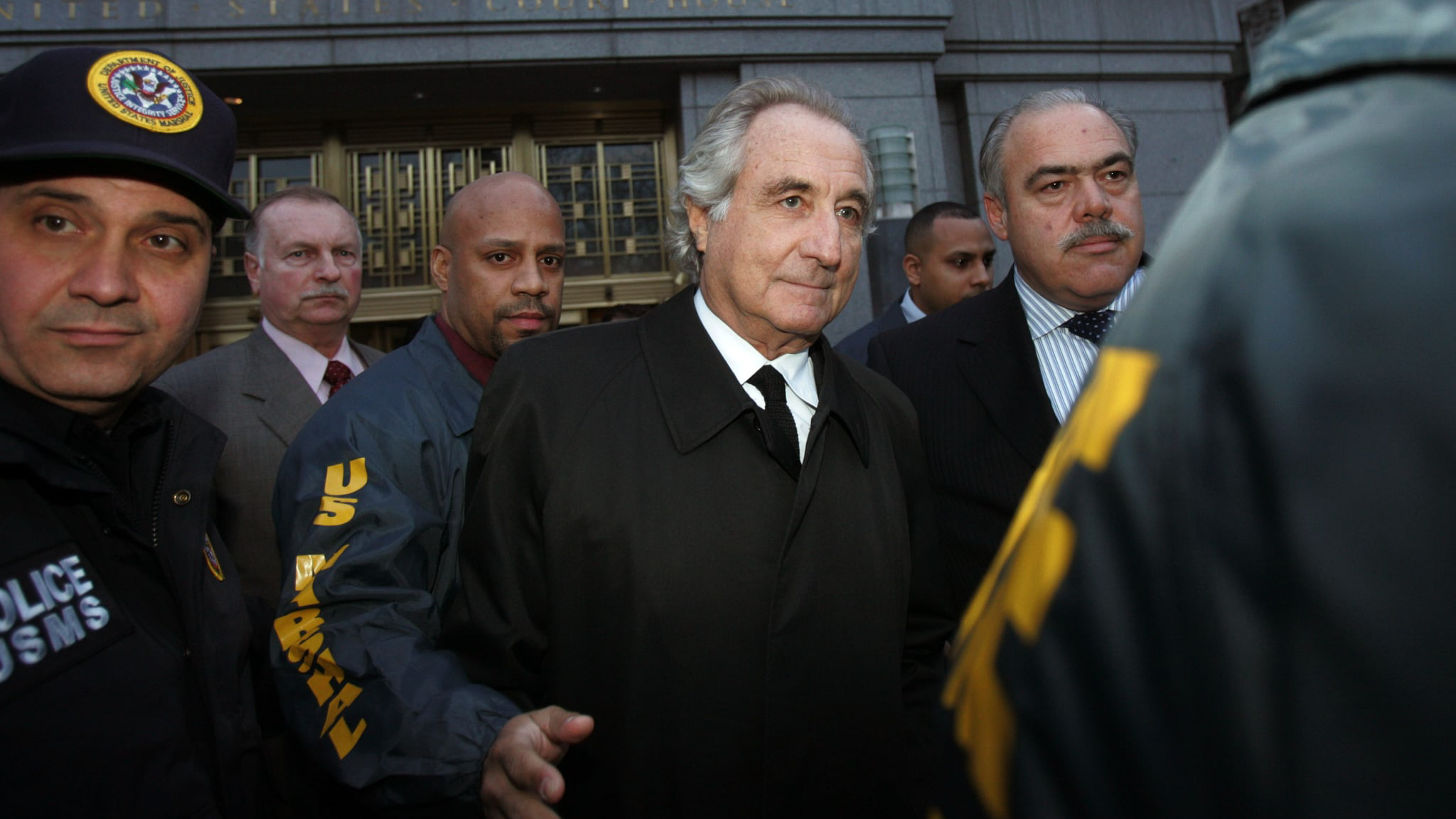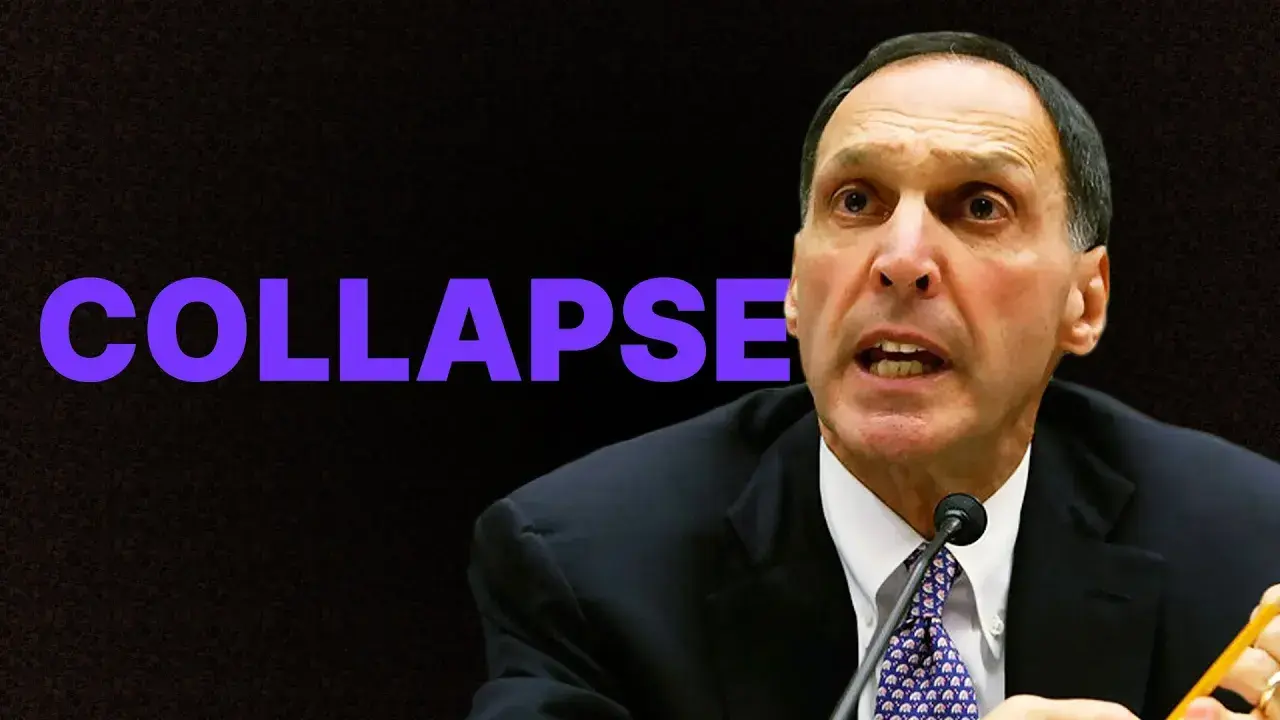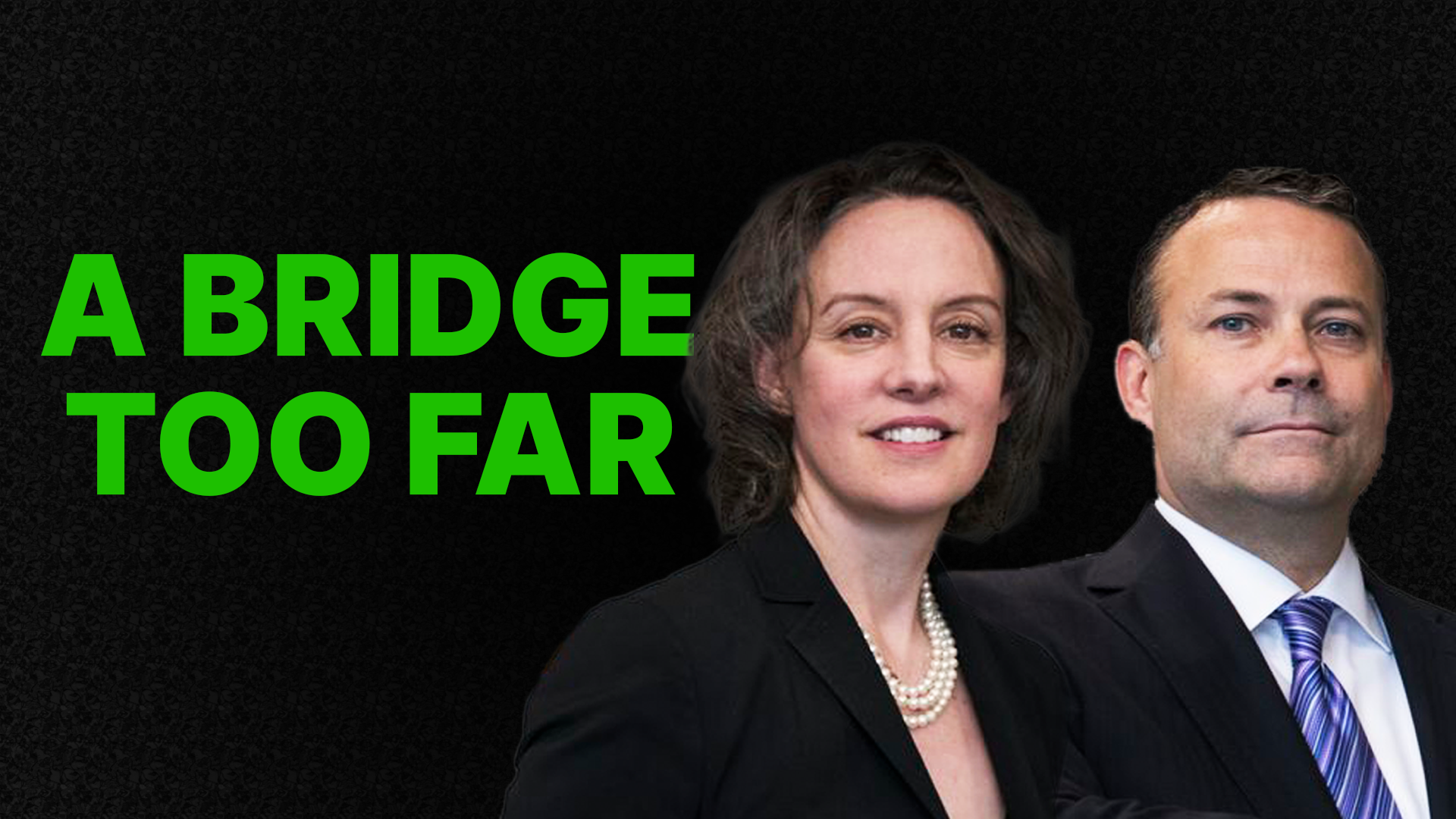Crazy Eddie achieved fame for zany commercials and low priced electronics, but became infamous after they were found to have committed one of the biggest frauds in US history. The fraud spanned 18 years.
The extent and scale of duplicity employed by family members is mind boggling, and family conflict proved to be the undoing of Crazy Eddie, stemming largely from Eddie having a controlling interest in the company. Eddie was a total control freak and frequently reminded people who was in charge. According to multiple family members, skimming cash sales was part of the business plan from day one, because you don’t pay taxes on sales you don’t report. Managers got low ball salaries that were topped up via under-the-table cash payments, which reduced costs for the business and taxes for the employees. Eddie’s cousin, Sammy, went to college to study accounting and learned how auditors discovered fraudulent activity. Sammy graduated near the top of his class and was appointed chief financial officer of Crazy Eddie. This gave the business some legitimacy and family members the knowledge that enabled them to keep the fraud going undetected for so long.
It was around this time, 1980, the family members decided they wanted to take crazy Eddie public, since they can make way more money this way. They could inflate the share price and then unload their overvalued shares on unsuspecting buyers – the classic pump and dump. Sammy explained to Eddie that public companies are valued on how much money they make and if there’s a trajectory of strong earnings growth. So, Sammy came up with a plan to gradually reduce skimming in order to show profit growth and make Crazy Eddie look like a growing company. From 1980 to 1984, Crazy Eddie scaled back their skimming from around $3 million per year in 1979 to nearly zero by 1984, boosting profits from 1.7 million in 1980 to 8 million in 1984. Crazy Eddie’s exaggerated growth helped drum up considerable interest in the IPO. They went public on September 13th, 1984, and investors snatched up 1.7 million shares at $8 a piece.
Two years later, Sammy and Eddie came up with a new plan, which they dubbed the Panama Pump. Family members taped wads of cash to their bodies and flew to Israel where the money was deposited into a family bank account, then transferred to bank accounts in Panama and back to the US. They laundered the skimmed money back into the company this way, which helped them inflate Crazy Eddie’s revenues and profits. Eventually, Eddie was unable to sustain his fraudulent business practices, so he cashed in millions of dollars worth of stock and resigned in December of 1986. Around this time, Crazy Eddie started losing money. They’d never been in the red before, but the prices of consumer electronics were coming down. Eddie grew worried that someone would take over the company and uncover the fraud, so he made a bid to take Crazy Eddie private at $7-a-share in May of 1987, but a hedge fund thought it must be a gold mine, and so they bid $8.
In November of 1987, the new ownership took over Crazy Eddie, and the last of the Antars were cast out of the company. New management took physical inventory of all warehouses and stores two weeks later, and discovered $40 million of inventory simply didn’t exist. This sparked investigations by various agencies including the FBI, IRS, as well as the SEC. That summer, the company was forced to file for chapter 11 bankruptcy, and all remanding stores were liquidated and closed. Sammy made a deal with the feds in March of 1989. Until then, they only knew about the securities fraud when income was inflated from 1984 to ’87. They hadn’t yet uncovered the Panama Pump, the skimming, or the reduction of skimming prior to the IPO. Sammy revealed some of the trick were used to keep the auditors at bay. Higher payroll costs ahead of the IPO were explained away as employees being willing to work for below-average wages for a chance to be part of what would hopefully become a successful public company. And boxes of inventory were stacked high and stored several layers deep, so staff would offer to climb the boxes and count the inventory. They gave inflated numbers, and the auditors dutifully recorded these counts.
Sammy’s cooperation helped them convict Eddie Antar in multiple charges. But in February of 1990, Eddie fled the country. He was eventually extradited from Israel to the US and served seven years in prison. Sammy continues his work training law enforcement how to detect white collar crimes and says he was trained to be a criminal. He refers to a line in the movie “Wall Street Money Never Sleeps”, that it’s not about the money. And he said, “And that was true. It was never about the money. It was about the game, and we enjoyed the game.”







